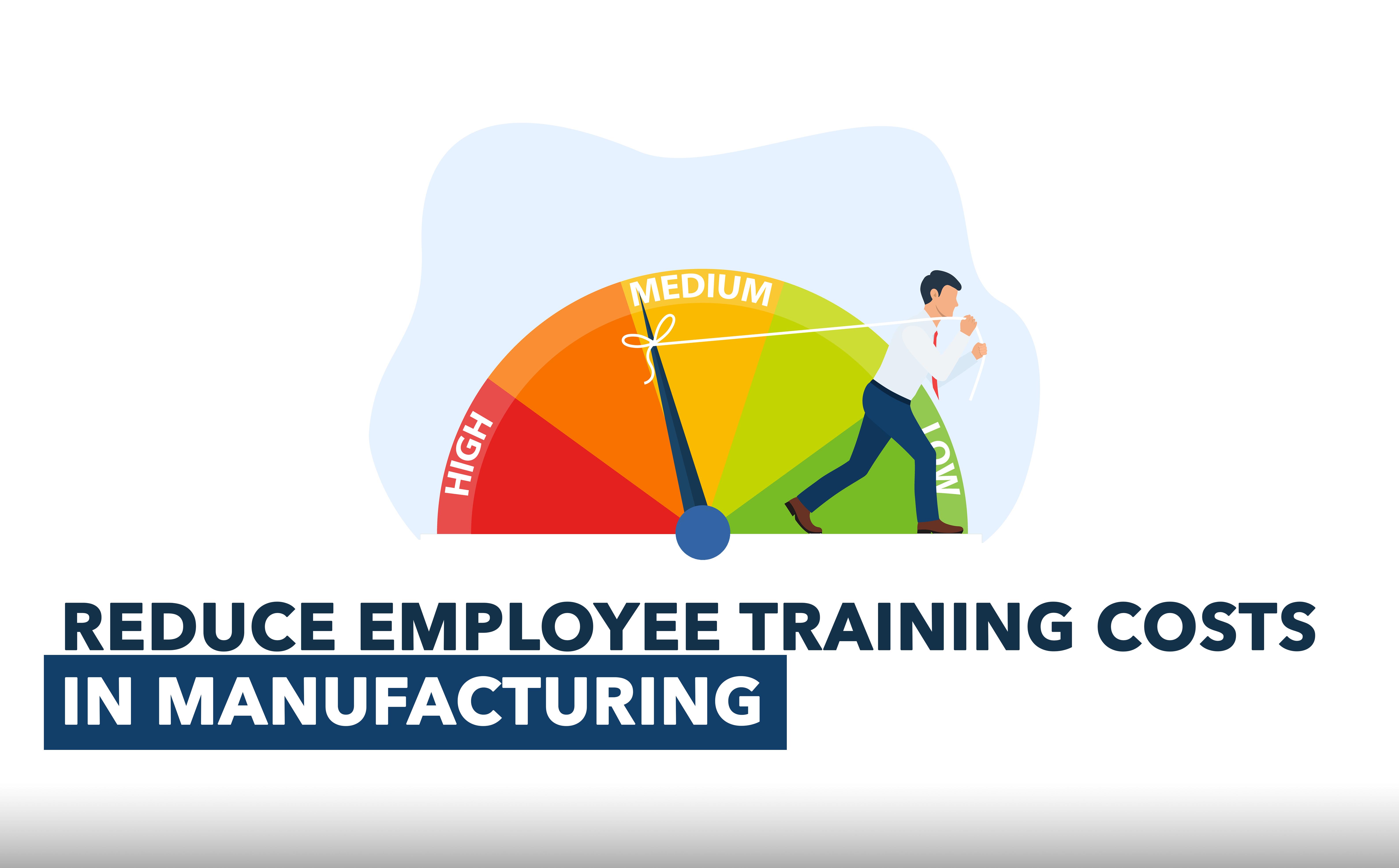
The process of distributing goods or services through a transnational organization's global network is known as "global supply chain management". The principle behind this concept is to maximize profit, while minimizing waste. While this distribution method is a great option, it does have its downsides. Let's examine some of these issues. Find out more about global supply management. We'll also cover some of those challenges that global supply chains can present.
Resilience
As an effective global supply chain manager, it is crucial to build a strategy that promotes resilience. Redesigning the supply chain, eliminating redundant workers, and implementing multiple sources can all help to increase the supply chain's resilience. In the short term, supply chains may be considered rigid, but with constant vigilance, creativity, and innovation, they can become resilient. Cin7 is an inventory management software company that has provided various educational materials as well as advice to its customers.
Information sharing
Although it may seem unclear what the role of information sharing is in global supply chain management, it is crucial for the survival of businesses. This study examines the benefits of information sharing in supply chains. The benefits of information sharing are diverse, and they may vary according to the type of information shared. In general, the value of information varies depending on the parties involved. Here are some examples to illustrate the benefits of information for supply chains.

Quality management
Quality issues are an important part of any supply chains. Quality management is critical for any supply chain. While companies should be focusing on product quality, it's equally important to address secondary issues to manage supply chain risks. This article will focus on the importance of quality management in global supply chains management. It will also show how current business systems can fail this challenge. Let's discuss how companies can overcome this challenge and implement more effective quality control practices.
Logistics links
The business's needs change with the changing demands and preferences of consumers. The global supply chain is a complex web of suppliers, individuals, and companies that works together to deliver goods on time and to the right place. As a result, logistics plays a critical role in global supply chain management, helping companies lower their costs and improve their performance. The supply chain includes vendors, producers and warehouses as well as transportation companies, distribution centers and retailers.
Pandemic of COVID-19
The massive outbreak of the COVID-19 virus is creating an urgent need for global supply chain management. Global supply chains are vital to response efforts, supplying essential supplies in a timely manner. But the global supply chain has been strained by other issues, such as the ongoing Chinese lockdown and global economic uncertainty. This pandemic is testing supply chain flexibility and resilience. In the wake of this crisis, companies will be judged not only on their response, but also on their corporate values.
Impact on the Economy
The global supply chain management system is crucial for the economy. As more manufacturers shift to JIT production (just-in time), they become increasingly dependent upon a single source of vital supplies. JIT production models are vulnerable to disruptions in supply chains, which is a big problem. According to a recent survey, almost half of executives plan on removing some production from China while one-third intend to de-emphasize JIT Manufacturing.

You have many career options
Global supply chain managers oversee all aspects of a business's international procurement strategy. They work closely with suppliers and coordinate inventory logistics to ensure high-quality goods. In addition, they keep track of supply chain performance and analyze data related to this field. This role requires a lot collaboration with other departments of a company. This list contains some career options. All of them offer valuable career benefits.
FAQ
Why is logistics important in manufacturing
Logistics is an integral part of every business. They can help you achieve great success by helping you manage product flow from raw material to finished goods.
Logistics are also important in reducing costs and improving efficiency.
What's the difference between Production Planning & Scheduling?
Production Planning (PP), is the process of deciding what production needs to take place at any given time. This is done through forecasting demand and identifying production capacities.
Scheduling is the process of assigning specific dates to tasks so they can be completed within the specified timeframe.
How can I learn about manufacturing?
You can learn the most about manufacturing by getting involved in it. You can also read educational videos or take classes if this isn't possible.
Statistics
- It's estimated that 10.8% of the U.S. GDP in 2020 was contributed to manufacturing. (investopedia.com)
- In the United States, for example, manufacturing makes up 15% of the economic output. (twi-global.com)
- [54][55] These are the top 50 countries by the total value of manufacturing output in US dollars for its noted year according to World Bank.[56] (en.wikipedia.org)
- (2:04) MTO is a production technique wherein products are customized according to customer specifications, and production only starts after an order is received. (oracle.com)
- According to the United Nations Industrial Development Organization (UNIDO), China is the top manufacturer worldwide by 2019 output, producing 28.7% of the total global manufacturing output, followed by the United States, Japan, Germany, and India.[52][53] (en.wikipedia.org)
External Links
How To
How to use lean manufacturing in the production of goods
Lean manufacturing refers to a method of managing that seeks to improve efficiency and decrease waste. It was developed in Japan during the 1970s and 1980s by Taiichi Ohno, who received the Toyota Production System (TPS) award from TPS founder Kanji Toyoda. The first book published on lean manufacturing was titled "The Machine That Changed the World" written by Michael L. Watkins and published in 1990.
Lean manufacturing, often described as a set and practice of principles, is aimed at improving the quality, speed, cost, and efficiency of products, services, and other activities. It emphasizes the elimination and minimization of waste in the value stream. Lean manufacturing is also known as just in time (JIT), zero defect total productive maintenance(TPM), and five-star (S). Lean manufacturing focuses on eliminating non-value-added activities such as rework, inspection, and waiting.
Lean manufacturing can help companies improve their product quality and reduce costs. Additionally, it helps them achieve their goals more quickly and reduces employee turnover. Lean manufacturing is considered one of the most effective ways to manage the entire value chain, including suppliers, customers, distributors, retailers, and employees. Many industries worldwide use lean manufacturing. Toyota's philosophy, for example, is what has enabled it to be successful in electronics, automobiles, medical devices, healthcare and chemical engineering as well as paper and food.
Lean manufacturing is based on five principles:
-
Define Value: Identify the social value of your business and what sets you apart.
-
Reduce Waste – Eliminate all activities that don't add value throughout the supply chain.
-
Create Flow. Ensure that your work is uninterrupted and flows seamlessly.
-
Standardize and Simplify – Make processes as consistent, repeatable, and as simple as possible.
-
Build relationships - Develop and maintain personal relationships with both your internal and external stakeholders.
Lean manufacturing isn’t new, but it has seen a renewed interest since 2008 due to the global financial crisis. Many companies have adopted lean manufacturing methods to increase their marketability. Many economists believe lean manufacturing will play a major role in economic recovery.
Lean manufacturing has many benefits in the automotive sector. These include improved customer satisfaction, reduced inventory levels, lower operating costs, increased productivity, and better overall safety.
Lean manufacturing can be applied to almost every aspect of an organization. However, it is particularly useful when applied to the production side of an organization because it ensures that all steps in the value chain are efficient and effective.
There are three main types of lean manufacturing:
-
Just-in-Time Manufacturing: Also known as "pull systems", this type of lean manufacturing uses just-in-time manufacturing (JIT). JIT means that components are assembled at the time of use and not manufactured in advance. This approach reduces lead time, increases availability and reduces inventory.
-
Zero Defects Manufacturing (ZDM),: ZDM is a system that ensures no defective units are left the manufacturing facility. If a part is required to be repaired on the assembly line, it should not be scrapped. This is also true for finished products that require minor repairs before shipping.
-
Continuous Improvement (CI: Continuous improvement aims to increase the efficiency of operations by constantly identifying and making improvements to reduce or eliminate waste. It involves continuous improvement of processes, people, and tools.